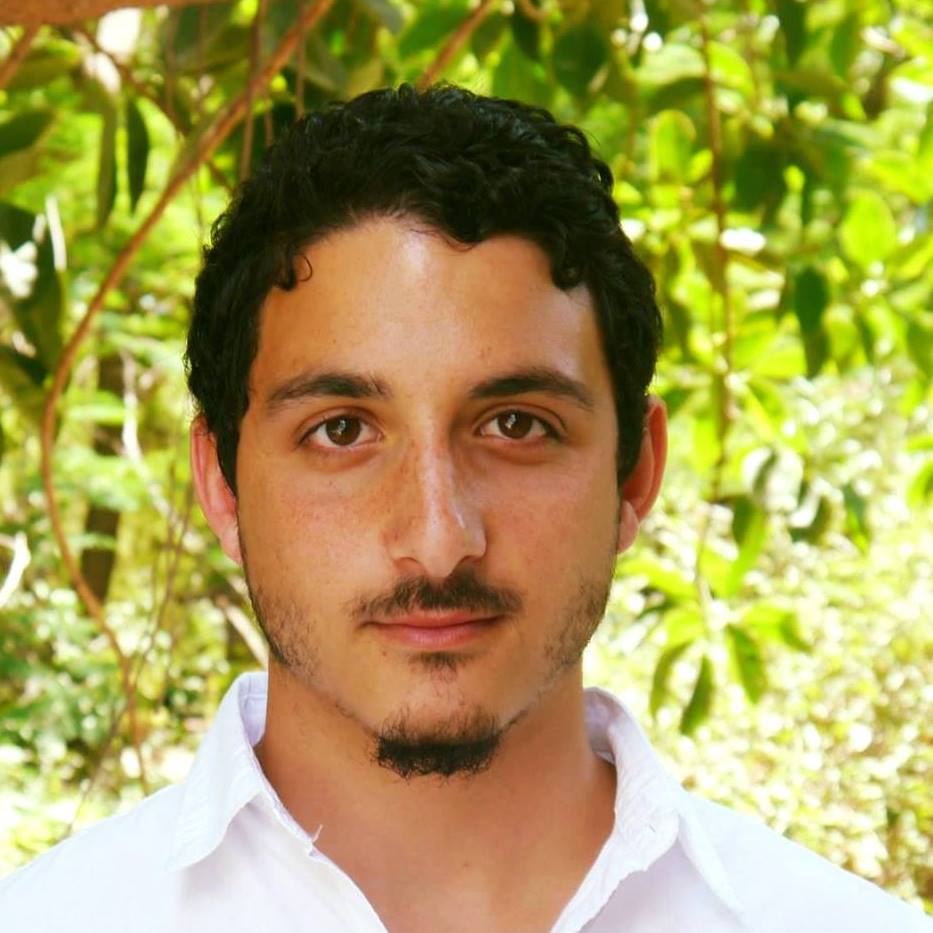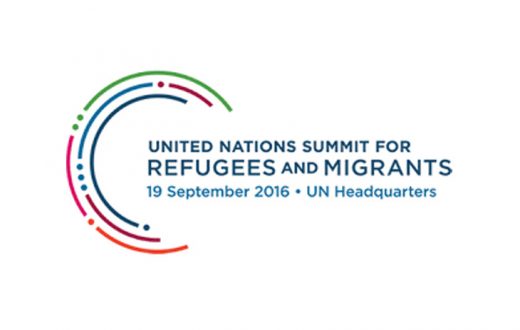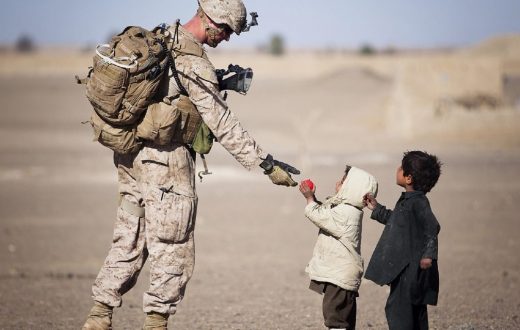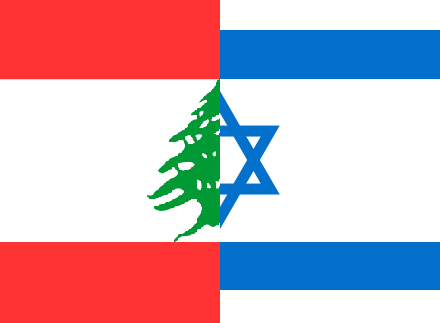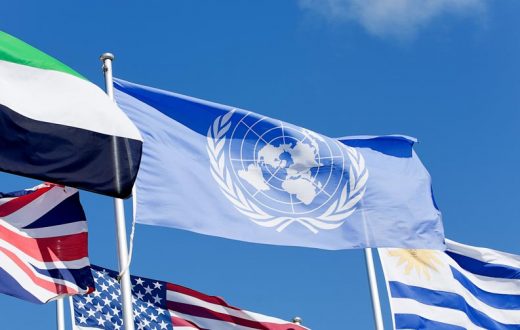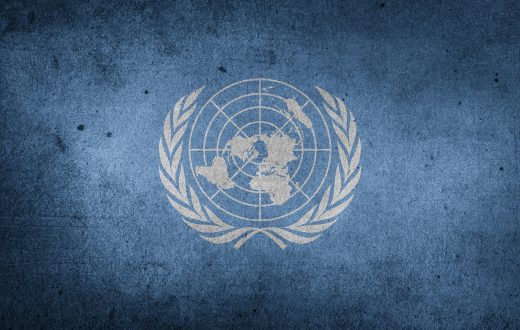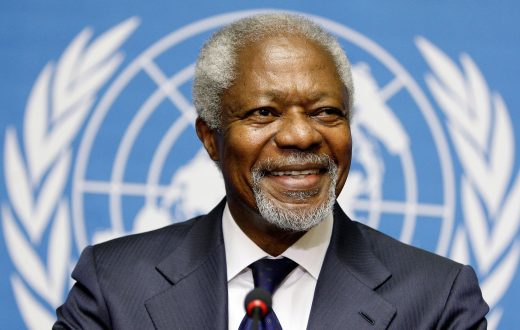Ten years after the release of “Zeid report” which explored concrete measures to eliminate cases of sexual exploitation in the context of UN peacekeeping operations, nothing has alsmot changed. “UN peacekeepers exchanged money, jewelry, perfume, phones against sexual favors,” notes a report by the office of internal investigations by the UN, to be published next week. The organization’s code of conduct strictly prohibits Yet sex in exchange for food, money or other material assets. The institution also strongly disapproves since 2003 sexual relations between peacekeepers and the populations they are supposed to protect, but not ban, which leaves room for interpretation to the soldiers deployed in the field.
But the report notes that two holding peace operations in Haiti (MINUSTAH) and Liberia (UNMIL) “show that these exchanges are widespread sexual nature, underestimated and not sufficiently reported. “According to the document, 231 Haitian women reported having sex with peacekeepers in exchange for material goods. The report notes that the conditions that encourage this type of operation are “hunger and shortage of essential commodities and medicines.” Only seven women were aware of the “zero tolerance” policy of the United Nations on sexual abuse. And none knew of the existence of a telephone line to denounce such abuses.
“Naming and shaming”
According to another survey conducted in Monrovia (Liberia) with a sample of 489 women aged 18 to 30 in 2012, “more than a quarter (…) had engaged in transactional sex with the peacekeepers, generally for money. “The report also believes that the number of condoms distributed to avoid risk of HIV infection suggests that” sexual relations between peacekeepers and the local population are widespread. ”
Between 2008 and 2013, 480 cases of abuse or sexual exploitation have been identified within the United Nations, and one third of these cases involves minors. For the first time in a report, the Bureau of Internal Investigations practice the policy of “naming and shaming” of naming and denouncing the countries whose nationals are guilty of such acts. Four countries are particularly affected: Pakistan, Uruguay, South Africa and Nigeria. These accusations are aimed primarily military. But civilians (17% of mission personnel), account for 33% of the charges.
“Despite a continued decline in the number of complaints, which is partly explained by an underestimation of the number of cases the effectiveness of the fight against the sexual exploitation and abuse is hampered by a complex organization and slow the organization to investigate and help the victims, “says the office of internal investigations.
The report estimates that the investigations into the accusations are “too much time” (sixteen-month average period). The UN must also rely on the country of origin of the perpetrators and the national courts for sanctions, leading to “very large disparities between states.” Civilians are often dismissed as soldiers and policemen are sent home and banned from participating in another UN mission. This survey comes at a time when the UN is heavily criticized for its handling of child rapes committed in the Central African accusations by French soldiers, Chad and Equatorial Guinea. But she does not come back on this case.


